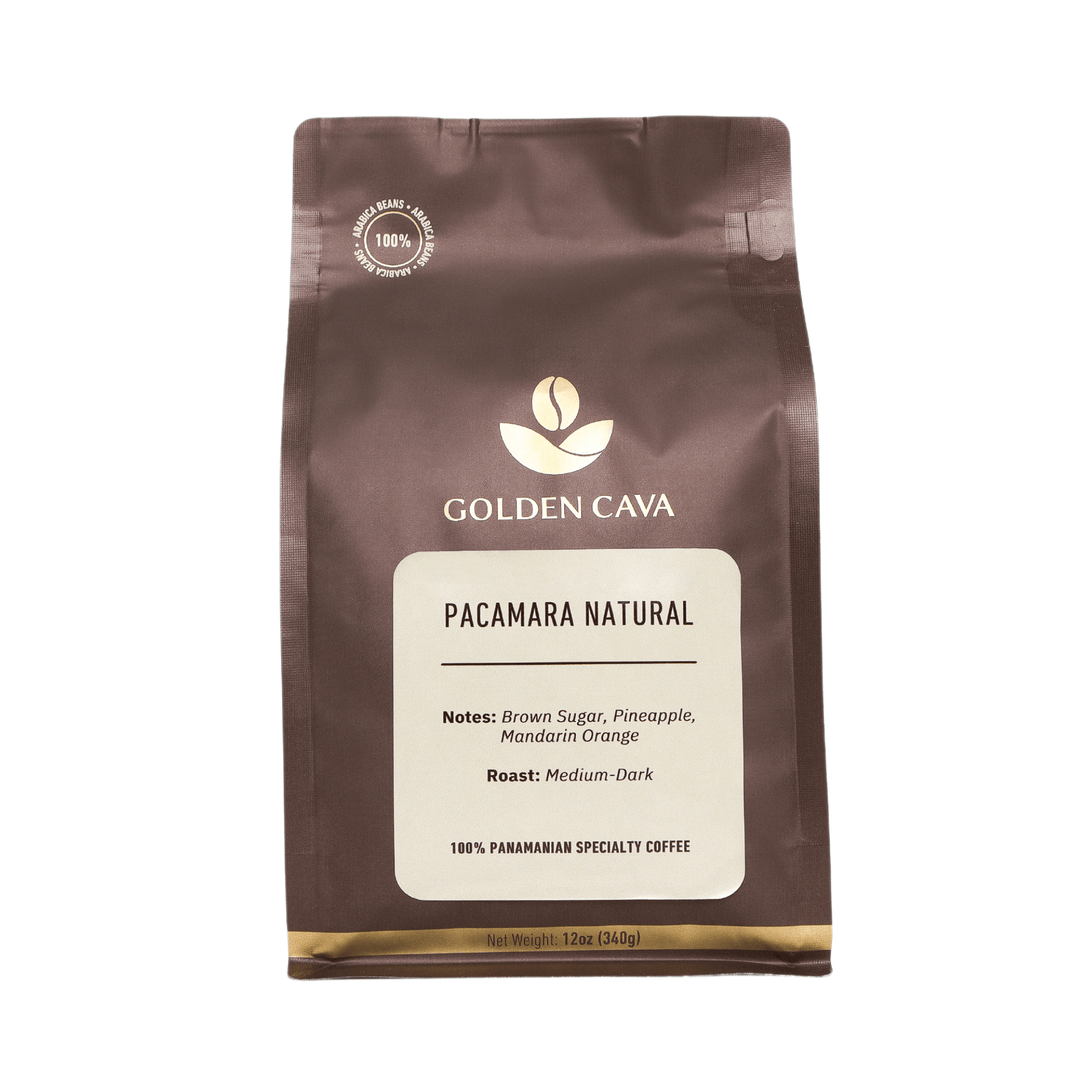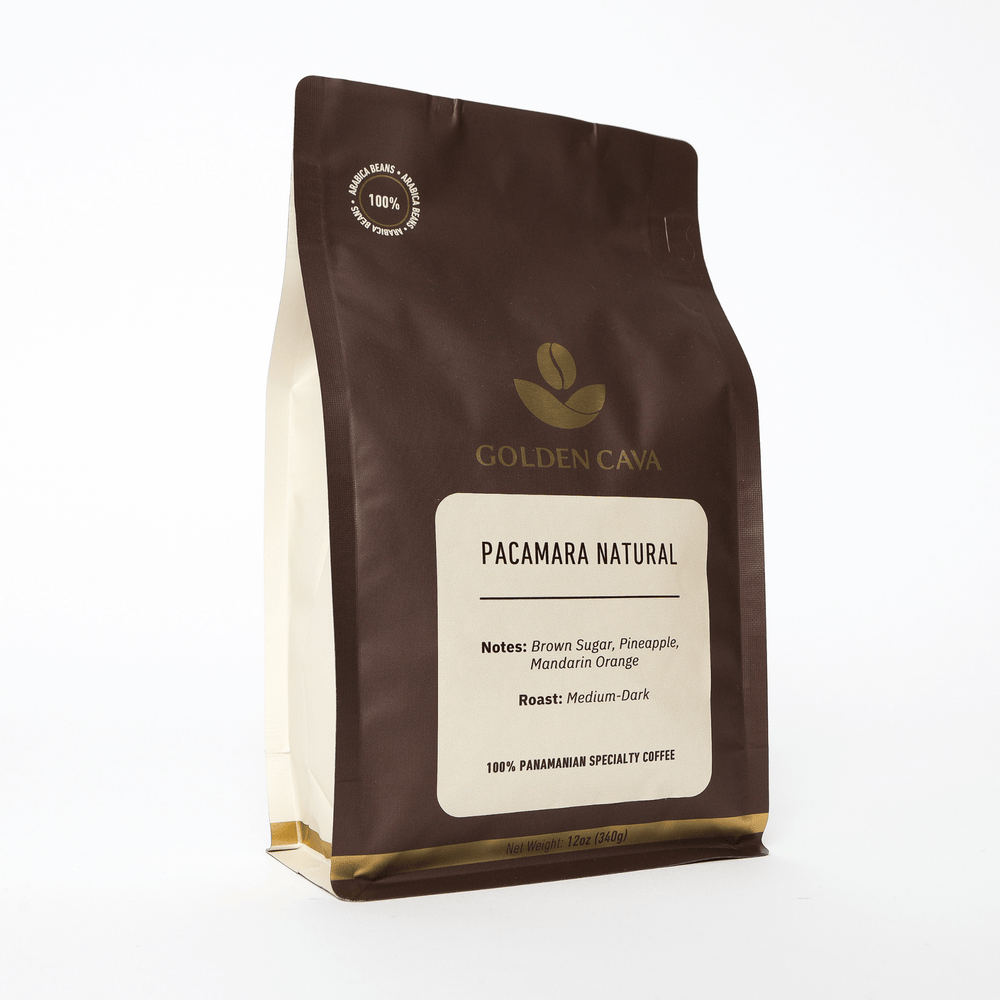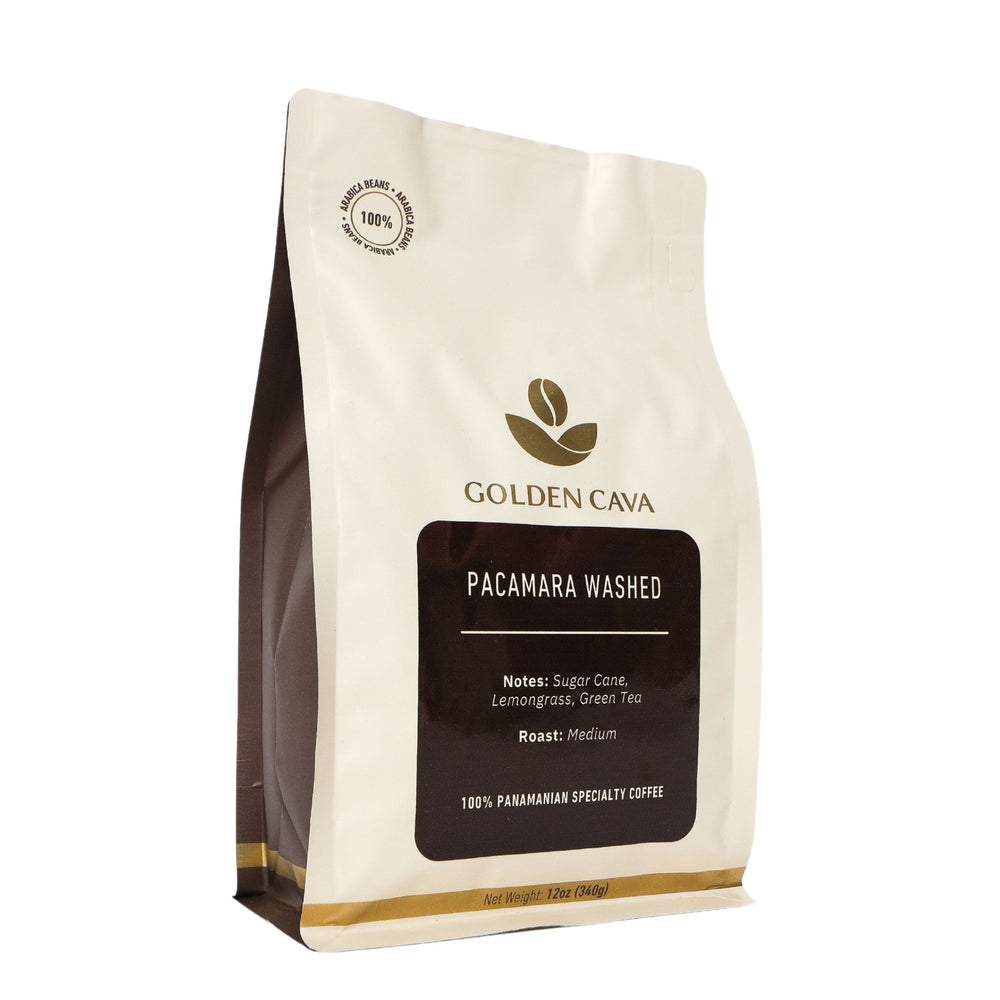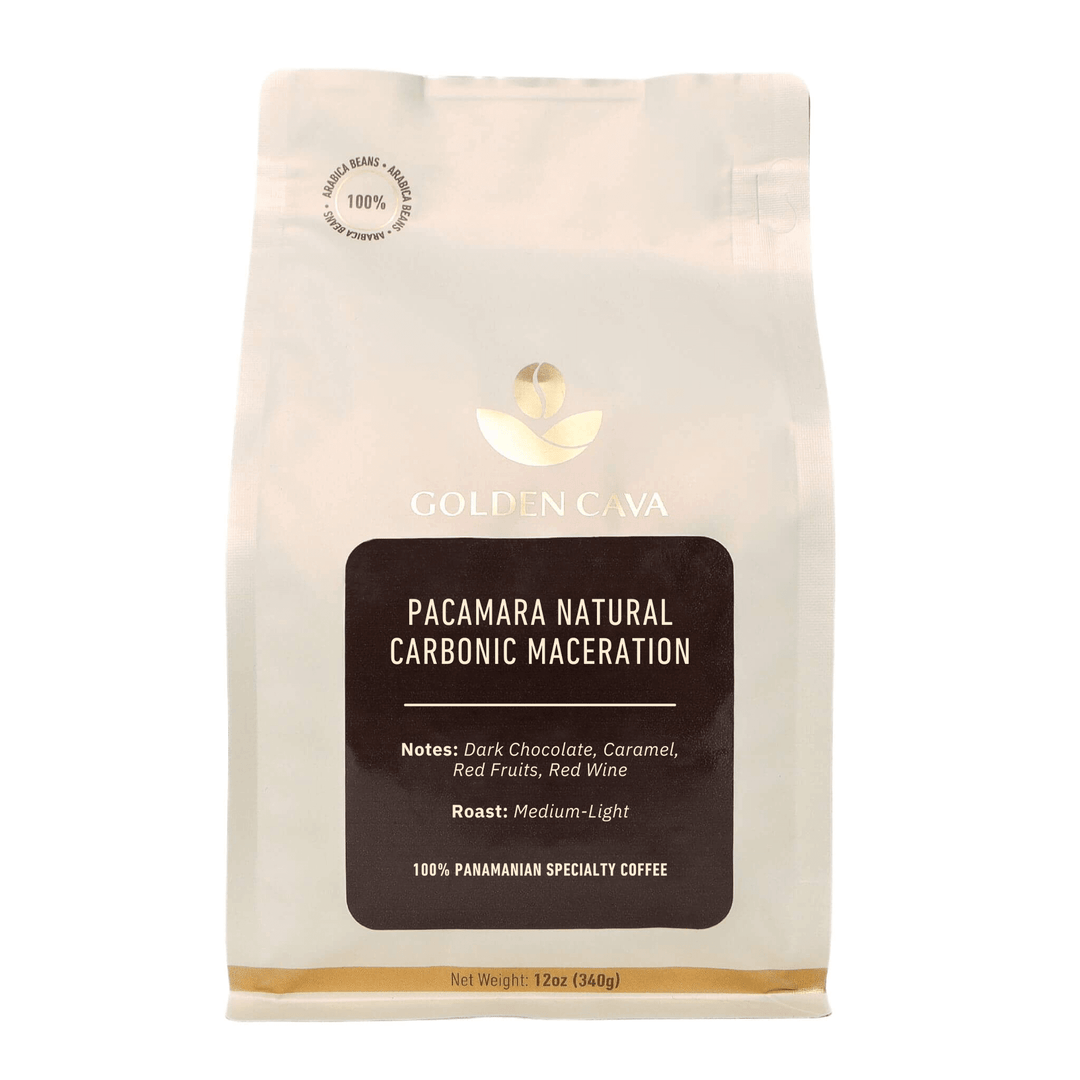How to Fall Asleep After Drinking Coffee: Sleep Tips
Have you ever found yourself staring at the ceiling, tossing and turning, and wondering how to fall asleep after drinking coffee?
In our world of caffeine-fueled routines, where coffee often keeps us company, learning on how to fall asleep after drinking coffee can be quite the conundrum.The stimulating effects of caffeine often result in sleepless nights, leaving individuals feeling tired and groggy the following day.
But worry not, will provide you with practical strategies on how to fall asleep after drinking coffee, no matter how late that coffee break might have been.
So, grab your favorite blanket, cozy up, and prepare to learn how to fall asleep after drinking coffee and greet each morning feeling refreshed and ready to conquer the day.
Let's dive into the world of sleep tips that'll transform your relationship and aid your nightly slumber.
Table Of Contents:
- 1. Understand the Effects of Drinking Coffee on Sleep
- 2. Avoid Drinking Coffee Late in the Day
- 3. Establish a Bedtime Routine
- 4. Consider Taking Supplements
- Frequently Asked Questions How to Fall Asleep After Drinking Coffee
- Conclusion
1. Understand the Effects of Drinking Coffee on Sleep
Drinking coffee can interfere with sleep, so it's important to understand how its effects impact your body and for how long. When you consume caffeine, whether through coffee beans, energy drinks or other sources, caffeine enters your bloodstream and stimulates your central nervous system.
This stimulation helps you stay awake and alert but can also cause trouble falling asleep if consumed too close to bedtime.
The Half-Life of Caffeine
One key factor in understanding caffeine's impact on sleep is its half-life - the time it takes for half-life of the substance to be eliminated from your body.
The average half-life of caffeine varies, with 3-5 hours as the median; yet, individual components like age, weight and metabolism may influence this time period.
This means that even an afternoon cup of coffee could still be affecting you when trying to fall asleep at night.
Caffeine Sensitivity
Different people have varying levels of sensitivity to caffeine due to genetic factors or regular exposure.
If you're drinking coffee regularly without any trouble falling asleep at night, chances are you have developed some tolerance towards its stimulating effects.
However, if drinking coffee in even small amounts makes it difficult for you to fall asleep quickly or maintain a good night’s sleep quality - then reducing your overall daily caffeine intake might help improve these issues.
Tips for Managing Your Caffeine Intake:
- Moderation: Limiting yourself to 1-2 cups per day will minimize potential negative impacts on sleep while still allowing enjoyment from drinking coffee.
- Timing: Avoid consuming caffeine within 6 hours of your regular sleep schedule to ensure it doesn't interfere with your ability to fall asleep.
- Alternative Beverages: If you crave a warm beverage in the evening, consider switching to herbal tea or decaffeinated coffee which have little-to-no caffeine content.
To counteract the consequences of caffeine on slumber, other measures can be taken apart from controlling your daily caffeine intake. Continue reading for more tips on how to fall asleep after drinking coffee and improve overall sleep quality.
Grasping the consequences of caffeine on sleep is critical, as it can significantly affect your energy levels and overall health.
To avoid the negative impacts of drinking coffee late in the day, it is essential to become aware of how much caffeine you are consuming and when.
Key Takeaway: On average, caffeine takes 3-5 hours to be metabolized and eliminated from the body, so it is wise to limit intake accordingly. To counteract this, moderation and timing are key - limit your intake to 1-2 cups per day and avoid consuming caffeine within 6 hours of bedtime for better rest.
2. Avoid Drinking Coffee Late in the Day
Drinking coffee late in the day can make it harder for you to fall asleep at night, as caffeine remains active in your system for hours after consumption.
The Sleep Foundation suggests that caffeine can stay in your body for up to six hours, meaning that an afternoon cup of coffee could still be affecting you come bedtime.
To avoid having trouble falling asleep and improve sleep quality, consider setting a cutoff time for consuming caffeinated beverages like coffee or energy drinks.
Many experts recommend stopping caffeine intake around 3 pm or at least 6-8 hours before your regular sleep schedule begins.
- Create a personal caffeine curfew: Determine when you should stop drinking coffee based on how long it takes for its effects to wear off on you personally. Individuals may have different responses to caffeine based on age, weight, and sensitivity.
- Maintain consistency: Stick to this cut-off time daily so that your body's circadian rhythm adjusts accordingly and helps regulate your sleep-wake cycle more effectively.
- Avoid hidden sources of caffeine: Be aware of other products containing caffeine such as chocolate, certain medications (e.g., pain relievers), and even some herbal teas which might interfere with ideal sleeping temperatures if consumed too close to bedtime.
If you're struggling with staying awake during the day without relying on caffeinated beverages like coffee or energy drinks later into the evening, try implementing healthier habits instead.
For example:
- Drink water: Staying hydrated by drinking plenty of water can help you feel more alert and less fatigued throughout the day.
- Take short breaks: Stand up, stretch, or go for a brief walk every hour or so to keep your energy levels stable and avoid feeling sleepy during the day.
- Opt for healthier alternatives: If you still need a pick-me-up in the afternoon but want to avoid caffeine's sleep-disrupting effects, consider switching to decaffeinated coffee or herbal tea that won't interfere with your body's ability to relax at night.
Incorporating these strategies into your daily routine can help minimize caffeine's impact on your sleep cycle while still allowing you to enjoy the benefits of coffee consumption earlier in the day.
Remember that moderation is key when it comes to managing caffeine intake and maintaining good night’s sleep quality after drinking coffee.
Key Takeaway: Timing your coffee consumption is vital for a good night's sleep. Steer clear of late-day coffee to avoid disrupting your sleep patterns, as caffeine's effects can linger for hours. Instead, establish a personalized cutoff time, explore caffeine-free alternatives, and maintain consistent habits to enjoy the benefits of coffee without compromising your rest.
3. Establish a Bedtime Routine
Creating a regular bedtime pattern can act as an indicator to your body that it's time for rest, and make dozing off after drinking coffee simpler.
A regular sleep schedule, combined with other habits like winding down before bed and creating an ideal sleep environment, can improve your overall sleep quality.
Create a Regular Sleep Schedule
Maintaining a regular sleep schedule is essential in helping you fall asleep faster after consuming caffeine during the day. Set a consistent bedtime and wake-up time to help your body's internal clock stay on track.
Wind Down Before Bed
- Avoid screens: The blue light emitted from devices such as smartphones and laptops can interfere with your ability to feel sleepy. Limit screen usage at least one hour before bedtime.
- Sip herbal tea: Drinking non-caffeinated beverages like chamomile or valerian root tea may help relax your mind and body before sleeping.
- Practice relaxation techniques: Engage in activities that promote relaxation such as meditation, deep breathing exercises, or gentle stretching routines.
Create an Ideal Sleep Environment
Your bedroom should be conducive to restful slumber by ensuring optimal conditions for falling asleep quickly after coffee consumption. Consider these tips when setting up your space:
- Darker room: A darkened room helps signal the brain that it’s time for rest; use blackout curtains if necessary.
- Quiet surroundings: Eliminate noise distractions by using earplugs or a white noise machine if needed.
- Ideal sleeping temperatures: Keep your bedroom at a comfortable temperature, usually between 60-67°F (15.5-19.4°C).
- Comfortable bedding: Invest in quality mattresses, pillows, and sheets to promote better sleep quality.
Incorporating these bedtime routine habits can help counteract the stimulating effects of caffeine from coffee drinking and improve your overall sleep-wake cycle.
Remember that consistency is key when establishing an effective bedtime routine for better rest after consuming energy drinks or caffeinated beverages during the day.
Creating a nightly ritual may aid your system in adapting to the impacts of caffeine, making it simpler for you to drift off.
To further ensure that you get quality rest, consider taking supplements such as melatonin or magnesium before bed.
Key Takeaway: A regular sleep schedule, combined with activities such as avoiding screens and drinking herbal tea before bedtime can help you turn off the lights faster after having coffee. Establishing a solid nighttime routine is key for getting quality shut-eye to counteract caffeine's stimulating effects.
4. Consider Taking Supplements
If you're having trouble falling asleep after drinking coffee, certain dietary supplements may facilitate in diminishing the consequences of caffeine and make it simpler for you to drift off.
Some popular options include melatonin, magnesium, and herbal teas with sleep-promoting ingredients.
Melatonin
Melatonin is a hormone that helps regulate your sleep-wake cycle or circadian rhythm. It's naturally produced by your body in response to darkness but can also be taken as a supplement to improve sleep quality.
Melatonin can help counteract the stimulating effects of caffeine and signal your body that it's time for bed.
Magnesium
Magnesium is an essential mineral involved in many bodily functions, including muscle relaxation and nerve function. Studies suggest that taking magnesium prior to bedtime may facilitate better rest by aiding the body in attaining a more relaxed state.
- Note: Always consult with a healthcare professional before starting any new supplement regimen, especially if you are pregnant, nursing, or taking medications.
- Tips: To ensure optimal absorption of magnesium supplements, consider pairing them with calcium-rich foods like dairy products or leafy greens during dinner time.
Herbal Teas for Sleep Support
In addition to melatonin and magnesium supplements, some people find relief from their post-coffee restlessness through herbal teas.
Herbal teas, like chamomile, valerian root, and lavender are renowned for their calming properties. Before you hit the hay, consider having a cup of herbal tea to help your body relax and end the day.
Remember to stay hydrated by drinking plenty of water throughout the day as well. Staying hydrated is essential for overall health and may also help dilute caffeine in your system, reducing its impact on your sleep cycle.
Incorporating these supplements into your routine can be an effective way to counteract the stimulating effects of caffeine consumption from coffee beans or energy drinks. By doing so, you'll increase your chances of getting a good night's sleep after enjoying an afternoon cup without sacrificing quality rest.
Key Takeaway: By taking supplements like melatonin, magnesium and herbal teas before bedtime, you can help counteract the stimulating effects of caffeine from coffee beans or energy drinks. Taking certain supplements before bed can give you a better chance of having quality slumber, instead of being deprived from it due to an afternoon pick-me-up.
Frequently Asked Questions How to Fall Asleep After Drinking Coffee
How to fall asleep after drinking coffee?
To fall asleep quickly after drinking coffee, try engaging in relaxation techniques such as deep breathing exercises or meditation. Limit screen time before bed and create a calming sleep environment by dimming the lights and reducing noise. Drinking plenty of water can also help to flush caffeine out of your system faster.
What happens if you fall asleep right after drinking coffee?
If you manage to fall asleep shortly after consuming coffee, the caffeine may disrupt your sleep cycle, leading to lighter sleep stages and frequent awakenings throughout the night. This could result in reduced overall sleep quality and increased daytime fatigue.
Why can't I fall asleep when I drink coffee?
Caffeine is a stimulant that blocks adenosine receptors in the brain, which are responsible for promoting drowsiness. As a result, consuming coffee makes it difficult for your body to relax and initiate the process of falling asleep due to increased alertness caused by caffeine's effects on neurotransmitters.
How can I flush caffeine out of my system fast?
To eliminate caffeine from your system more quickly, stay hydrated by drinking plenty of water or herbal tea without added sugar. Engaging in physical activity can also speed up metabolism rates which helps break down caffeine faster while avoiding additional sources of stimulants like nicotine will further aid this process.
Conclusion
It is important to remember that caffeine can affect your ability on how to fall asleep after drinking coffee.
To help reduce the impact of caffeine on sleep, avoid consuming coffee late in the day and establish a bedtime routine.
Engaging in physical activity and supplementing with compounds like melatonin may be advantageous for individuals seeking to improve their sleep quality following caffeine intake.
Taking these steps will ensure you get the restful night's sleep you need even if you have had a cup or two of coffee during the day.
Try Golden Cava's unique selection of specialty coffees and teas to help you relax and unwind after a long day. Our products are sourced from the highest quality ingredients, ensuring that your coffee experience is always top-notch!








